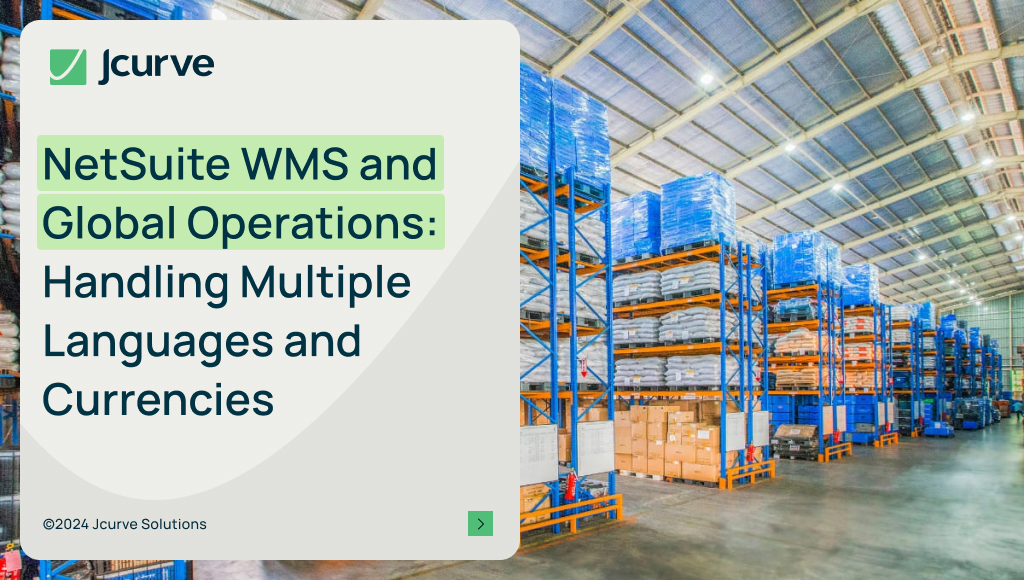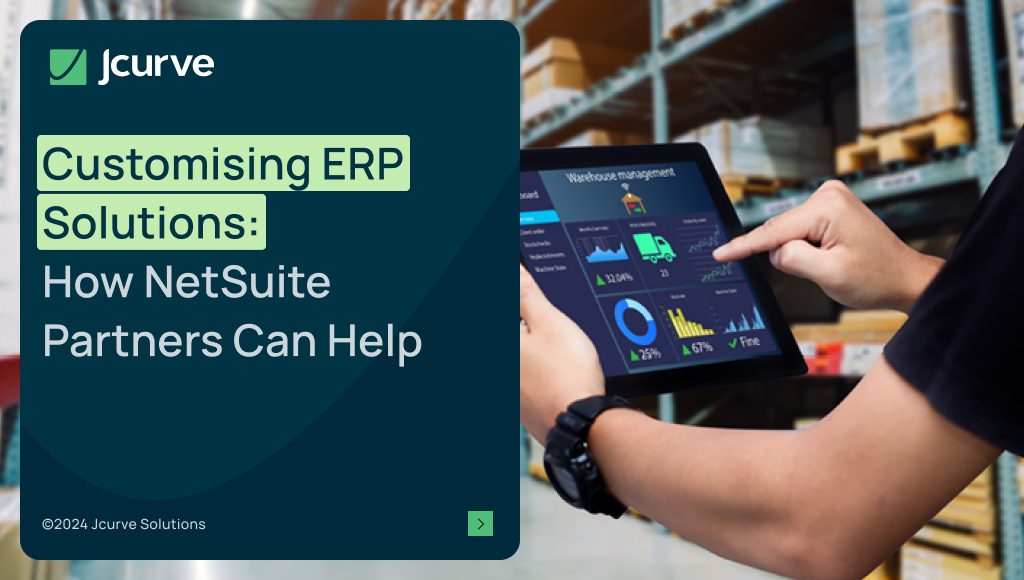
12 Ways on how an ERP System Can Transform Your Financial Processes
Enterprise Resource Planning (ERP) systems are revolutionary tools for any business looking to enhance its financial processes and overall efficiency.
According to a study, 67% of CIOs report a positive ROI after implementing an ERP system, showcasing tangible benefits such as increased efficiency, cost savings, and improved customer service. The global ERP software market is projected to reach 100.7 billion USD by 2025, with SAP and Oracle as two of the leading vendors.















